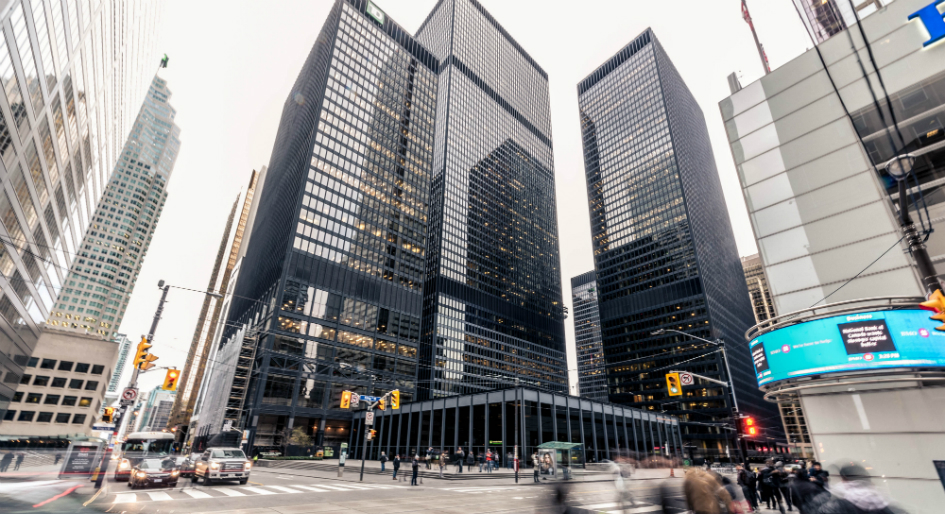Avison Young predicts the 10-year bull market in the Canadian commercial real estate sector will continue in 2019. The strength in the Canadian commercial sector was supported by the lowest unemployment rate (5.6 per cent) in December in at least four decades according to Avison Young’s 2019 North America, Europe and Asia Forecast.
“Strong performances in 2017 and 2018 have led to supply constraints amid a maturing commercial real estate cycle in Canada,” said Bill Argeropoulos, principal practice leader, research in Canada for Avison Young in a press release.
“Activity is expected to remain stable in 2019 with a general supply constraint being the primary brake on property market growth. Meanwhile, occupiers and owners will have to adjust to rapid technological advances during a period of moderating economic growth.”
According to the annual report, industrial vacancy continued to decline, falling to a new record low of 2.9 per cent near the end of 2018 – and is expected to edge lower in 2019. Toronto (1.3 per cent) and Vancouver (1.5 per cent) posted the lowest vacancy rates in North America in 2018 and are projected to rank among the tightest three markets this year.
Office vacancy also declined in almost every market, lowering the Canadian average to 11 per cent near year-end 2018. A similar story is expected in 2019 although vacancy will rise modestly to 11.3 per cent by year-end after construction nearly doubled in 2018.
Avison Young said that retail properties remain the most unpredictable commercial real estate assets in Canada – amid the ongoing e-commerce revolution.
“Significant investment in technology to track millennial behaviour is being made by retailers developing and enhancing their physical locations and online market shares while seeking the correct balance in the symbiotic relationship between bricks and clicks,” Argeropoulos said.
“Competition from the emerging recreational-cannabis industry will add to the already robust e-commerce demand this year as owners and occupiers continue to grapple with rising land costs and the eroding supply of developable land – most evident in Vancouver and Toronto.
With the final tally yet to come, 2018 was another record year of investment, exceeding the previous high of $36 billion set in 2017.
“Supported by relatively sound leasing fundamentals in almost every market, debt reduction and asset and geographic diversification will continue in 2019, while asset values are expected to remain elevated and cap rates low for prime assets,” Argeropoulos concluded.







